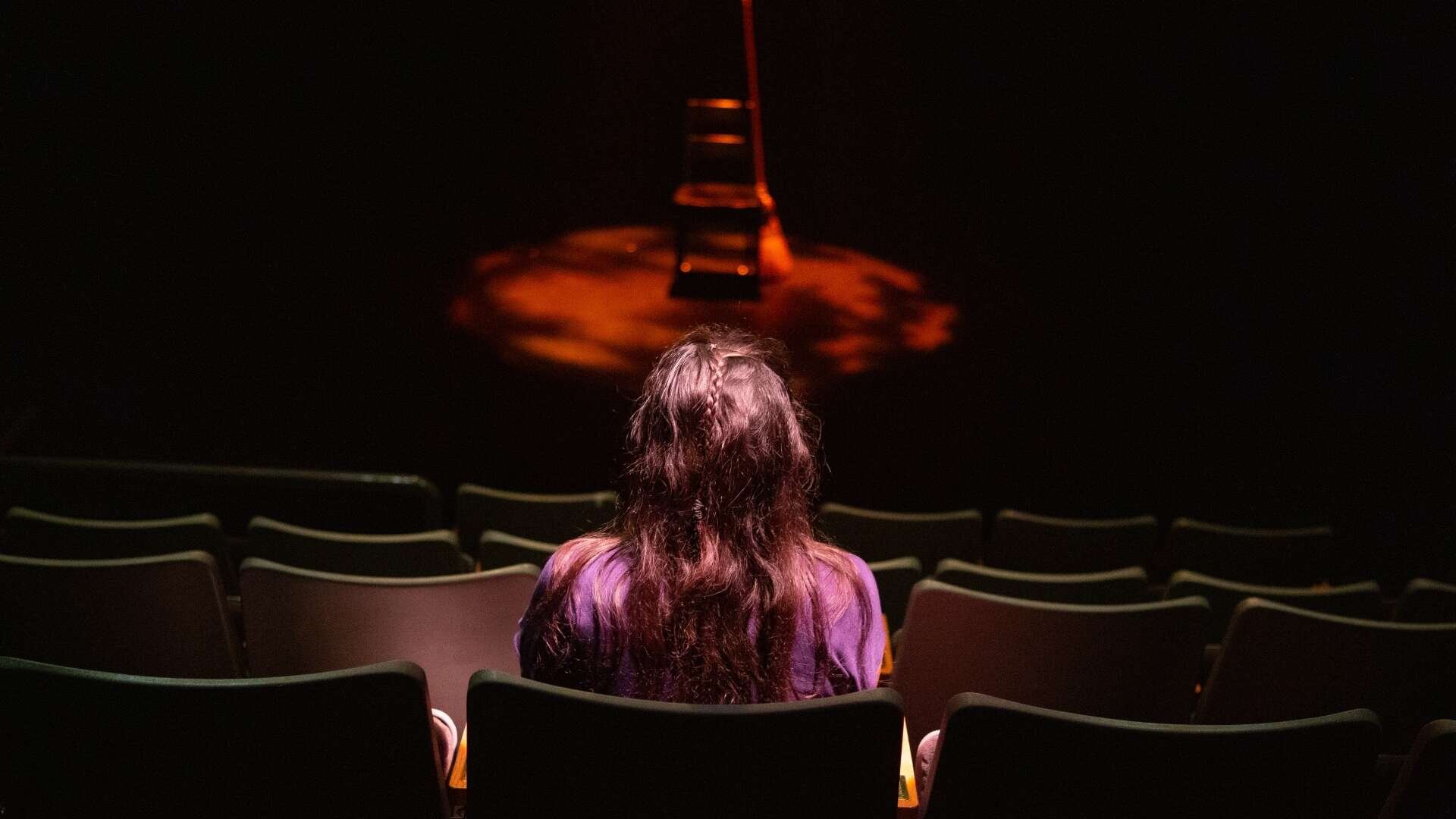I watched this in recording - it is available here until May 18 for free, or to purchase via www.seawallandrewscott.com
Quarantine is confronting me with many uncanny encounters with scripts I know inside out, as performed in their first production, which due to living in the hinterland, did not get to see. In 2015, I co-directed the Canadian premiere of Sea Wall, featuring the brilliant Rodrigo Beilfuss. I adore Simon’s writing in general, and in particular in this script. It’s powerful imagery, it’s subtle, wave-like rhythms that wash over Alex and the listener, mirroring the way grief creeps in and out of our consciousness.
I had not before seen Andrew Scott’s performance of it. Filmed after the show’s runs in London and Edinburgh, in an empty photography studio, this version of Sea Wall is wonderfully static and contained. Although Andrew moves about the space, the vantage point remains still, fixed. He becomes blurred at times, a beautiful subtlety in the recording which underscores the Alex’s feelings (and our own) of being completely subsumed by the tragedy of the dramatic moment.
One of the things I love best about this script is that although it is extremely active — he is working through his grief — it is also still. All of the action, all of the tension, occurs off stage (in fact, in the past) and rather than seeing things happen, we witness a man dealing with the fall-out of those occurrences, wrestling with his past and what it means for his future. Things that were said. Events that occurred. Loss.
Andrew Scott’s performance is thoughtful, present, and simple. The rawness of the thought process as he works through the events, builds and weaves this story, are breathtaking.
This is some of the finest writing you’ll find, performed to perfection.
I can’t help but compare it to our own interpretation; ours would have likened better, I assume, to the stage presentations in London or Edinburgh, in a small, stuffy, simply lit space. Just an actor, an audience, and this story. One thing that, for me, the recorded version is missing is the collective gasp of realization, the moment when the shoe drops (of what the hell he is even talking about) just over two thirds in. In a room with about 35 other people, the power of that moment literally sucked the oxygen out of the room. You could feel the collective gasp and unwillingness to exhale. The audience completely captivated by this moment, this story - unsure of how to act. Perhaps it is because I watched it with my family (who of course had seen it) but I missed that. That moment, that unwillingness to exhale, as exhalation on the part of the audience is an act of complicity, of needing to see where this story ends, despite already knowing deep down what comes next.
That is the magic of the collective experience.



















